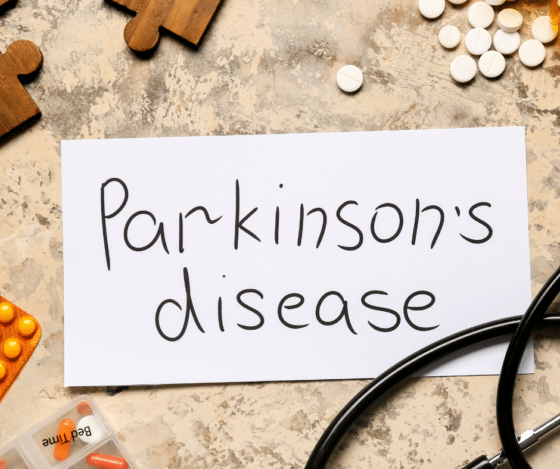April is National Parkinson’s Awareness Month, a time dedicated to increasing understanding of Parkinson’s disease and supporting those affected. This progressive neurological disorder impacts movement, balance, and daily activities, making it challenging for seniors to remain independent. For individuals aging in place, 24-hour home care provides the continuous support needed to manage symptoms and maintain a high quality of life. Platinum Care Group is committed to helping seniors with Parkinson’s live safely and comfortably at home.
Understanding Parkinson’s Disease
Parkinson’s disease is a disorder of the nervous system that primarily affects movement. It occurs when nerve cells in the brain stop producing enough dopamine, a chemical that helps control muscle movement. The exact cause is not fully understood, but researchers believe a combination of genetic and environmental factors may play a role.
According to the Parkinson’s Foundation, nearly one million people in the United States are living with the disease, and about 60,000 new cases are diagnosed each year. While Parkinson’s can develop at any age, it is more common in older adults, with most cases occurring in those over 60.
Common Signs and Symptoms
Parkinson’s symptoms typically develop gradually, making early detection challenging. While the disease affects each person differently, common symptoms include:
Tremors
Uncontrollable shaking, often starting in the hands or fingers, is one of the most recognizable signs.
Slowed Movement (Bradykinesia)
Simple movements, such as walking or getting out of a chair, become slower and more difficult over time.
Muscle Stiffness
Rigid muscles can cause pain and limit range of motion, making daily tasks harder to complete.
Impaired Balance and Coordination
Seniors with Parkinson’s are at a greater risk of falls due to difficulties with balance and posture.
Speech and Writing Changes
Soft, slurred speech and smaller, cramped handwriting are also common signs of Parkinson’s.
Risk Factors and Ways to Reduce Risk
Although the exact cause of Parkinson’s is unknown, several factors may increase the risk of developing the disease:
Age: The risk rises with age, particularly after 60.
Genetics: A family history of Parkinson’s slightly increases the likelihood.
Environmental Triggers: Long-term exposure to pesticides, herbicides, and heavy metals has been linked to higher risk.
Head Injuries: Past head trauma may contribute to the development of the disease.
While Parkinson’s cannot be prevented, some lifestyle habits may help lower the risk:
Regular Exercise: Physical activity promotes brain health and helps improve balance and coordination.
Healthy Diet: A diet rich in antioxidants, including fruits, vegetables, and omega-3 fatty acids, supports brain function.
Managing Stress: Chronic stress can contribute to neurological disorders, so relaxation techniques like yoga or meditation may be beneficial.
Avoiding Environmental Toxins: Limiting exposure to harmful chemicals may reduce risk.
How 24-Hour Home Care Supports Seniors with Parkinson’s
As Parkinson’s progresses, daily activities become increasingly challenging. 24-hour home care provides continuous assistance, ensuring seniors receive the help they need while maintaining independence at home.
Fall Prevention and Mobility Support
With balance and coordination issues being a primary concern, caregivers help reduce fall risks by offering mobility assistance, modifying the home environment, and ensuring that seniors move safely throughout their day.
Help with Personal Care
Seniors with Parkinson’s may struggle with tasks like dressing, grooming, and bathing. A caregiver provides respectful, hands-on support to help maintain dignity and hygiene.
Medication Management
Managing Parkinson’s symptoms often requires a strict medication schedule. A caregiver ensures that medications are taken on time, reducing the risk of missed doses or incorrect usage.
Nutritional Support
Parkinson’s can affect swallowing, making mealtime challenging. Caregivers prepare nutrient-rich meals, assist with feeding if necessary, and monitor dietary needs to promote overall health.
Companionship and Emotional Well-Being
Living with Parkinson’s can be isolating, especially for those who find it difficult to leave the house. Having a compassionate caregiver provides social engagement, mental stimulation, and emotional support.
Platinum Care Group Provides Compassionate Care for Seniors with Parkinson’s
Living with Parkinson’s presents daily challenges, but with 24-hour home care, seniors can receive the personalized support they need to remain in the comfort of their own homes. Platinum Care Group is committed to providing dedicated care that helps seniors with Parkinson’s manage their symptoms, stay safe, and maintain a fulfilling life.


